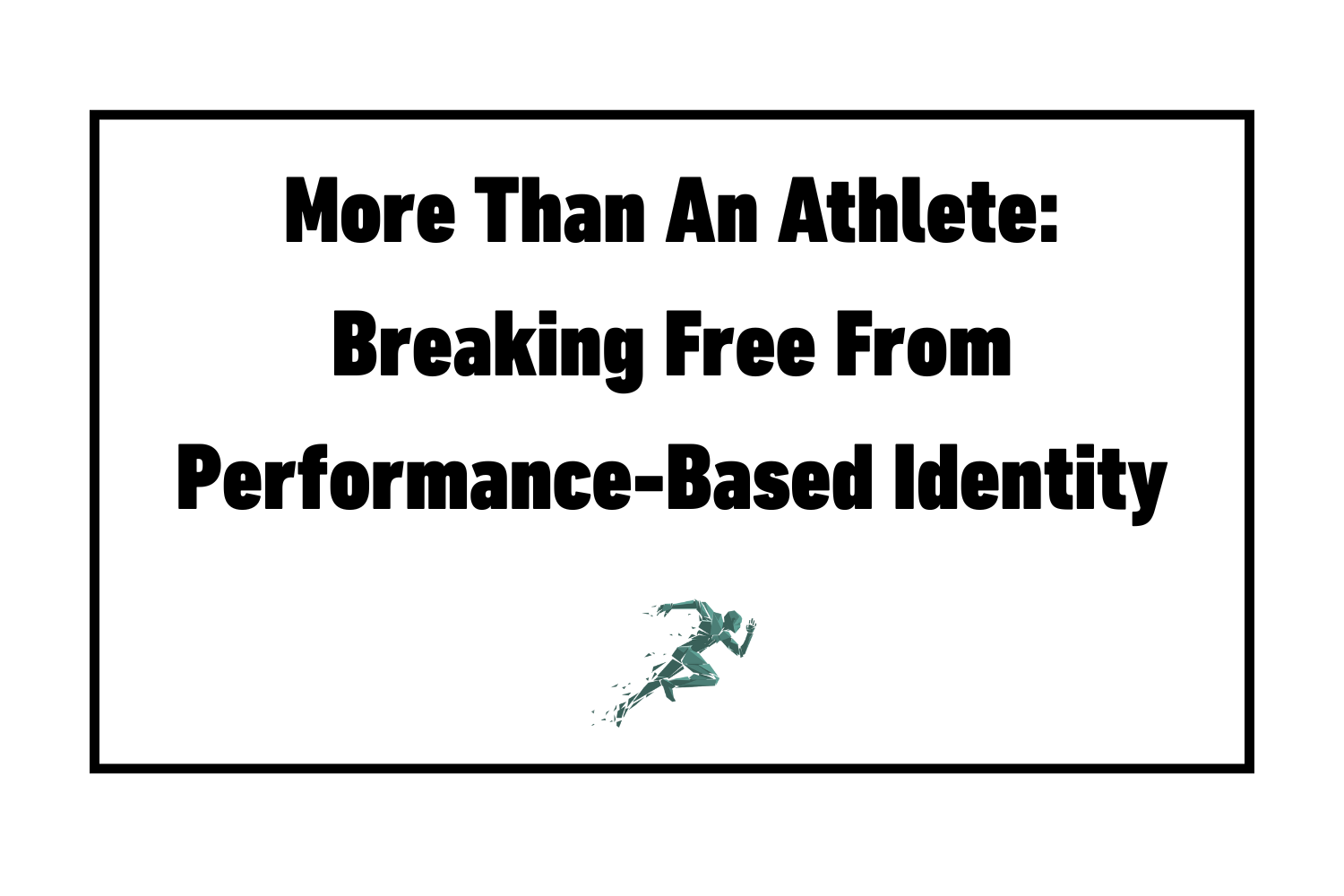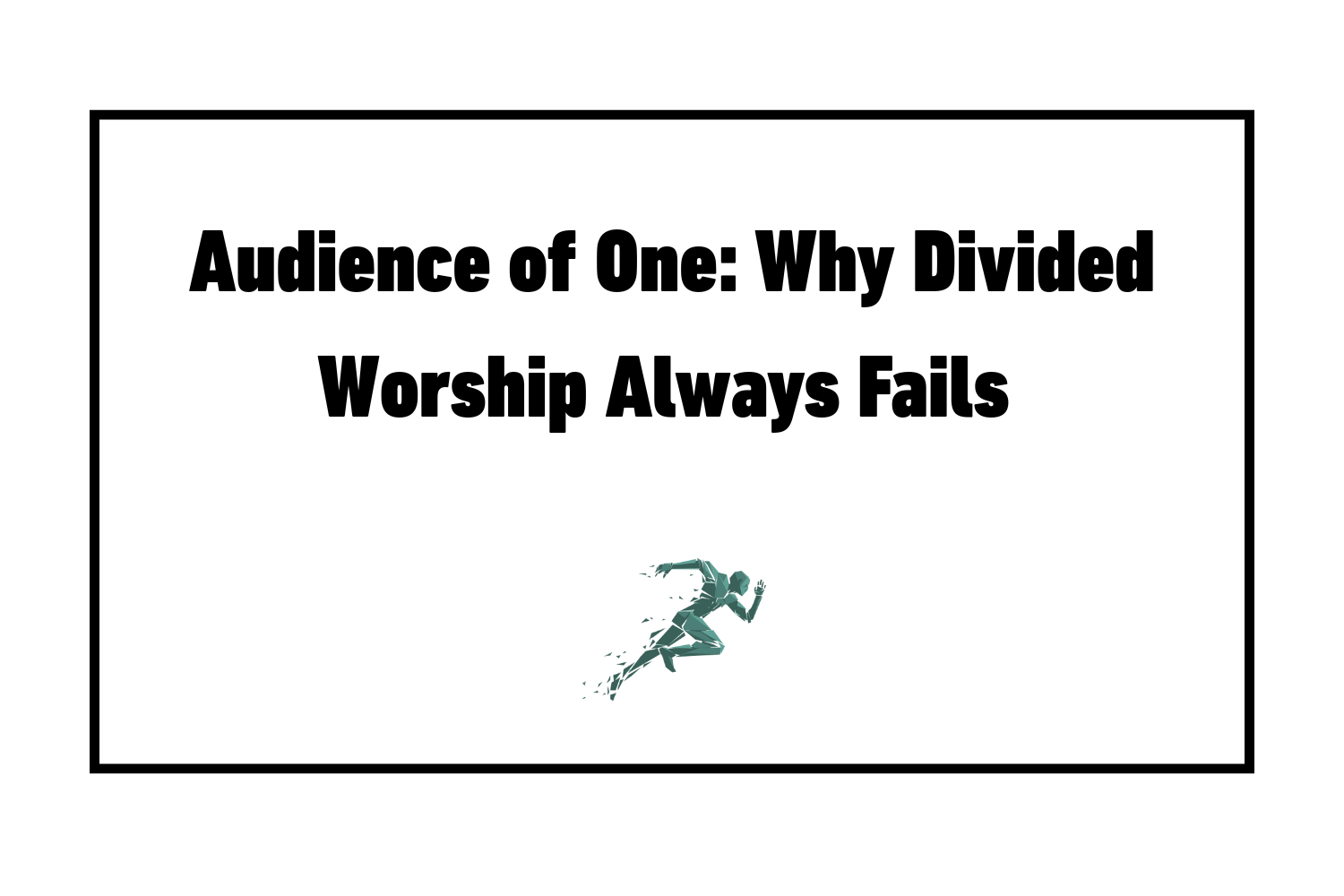Resources for Athletes
For a sports person, goal setting is necessary. The proverbial ‘grind’ is an essential part of achieving athletic success. But how do we train specifically to look more like Jesus? By training our head, heart, and hands.
If we build our lives on the pursuit of pleasure, performance, or identity apart from God, we will eventually hit rock bottom. When that moment comes—and it always does—there are only two options: Return to the Father’s embrace or continue chase another short season of false promises.
If you want to love God more, you have to take faith steps. But what might those faith steps look like for a Christian Athlete? And how do we define a faith step?
This athlete Bible study explores Proverbs 27:17 — a powerful athlete verse about how God uses relationships to build character, faith, and perseverance. Designed for athletes, coaches, and parents, this discipleship tool helps you reflect on how teammates, coaches, and even rivals sharpen you spiritually and athletically. Through guided questions and practical application, this verse for athletes reveals how competition and community can be part of God’s plan to shape you into the image of Christ. Whether used individually or in a group, this resource helps Christian athletes grow in humility, excellence, and faith on and off the field.
Our identity is a diversified and curated playlist of what we do, how we’re wired, what we like, how we relate to others—but most importantly, it’s what God says about us. As athletes, we need to turn the volume down on letting our performance define us and crank up the volume on what God declares as true.
For a Christian athlete, it is advantageous to play while considering that God’s opinion is what matters most. But what is God’s opinion of us? The answer to this question will give us a fuller picture of what it means to play with an Audience of One.
Like the rest of the world, sport has patterns. And these patterns of sport shape us every day. If we’re not intentional, we’ll be conformed to them without realizing it.
Breath prayer is a spiritual discipline that aligns breathing with short prayers to help believers draw attention to God’s presence and communion with us. There are many breath prayers that communicate our deepest needs. This article outlines five helpful prayers for Christian athletes.
Transferring isn’t new, but it’s never been this complicated. If you’re thinking about entering the transfer portal, or if you’re walking with a teammate who is, here are 11 questions to help you make a wise, grounded, and hopefully, faithful decision.
In Counterfeit Gods, Tim Keller defines an idol as anything that absorbs your heart and imagination more than God. For athletes, that description can hit close to home. Sports—though a good gift from God—can easily become the place we look for identity, meaning, and worth. In The Sports Idolatry Test, we explore ten honest questions designed to help you evaluate whether sport has crossed the line from passion to idolatry. Like the prophets of Baal in 1 Kings 18, the rich young ruler in Mark 10, and the man crying “Help my unbelief” in Mark 9, your answers may reveal where your hope truly rests—and invite you to reorient your worship toward the One who deserves it. Sports are meant to be a vehicle for worship, not a replacement for it. Take the test, see where you stand, and let God reclaim the throne of your heart.
Competition can bring out the best in us. Especially when teammates are striving together toward excellence. But Genesis 4 also shows us the dark side of competition.
What does Elijah’s showdown with Baal teach athletes today? Discover how divided worship in sports competes with God for your full allegiance.
Sports debates crown GOATs by stats and status, but Jesus redefines greatness through humility, grace, and elevating others.
From stadium anthems to personal playlists, music influences athletic culture, unites teams, shapes athletes, and inspires faith.
“Jesus Won” has become a rallying cry for Christian athletes, but the gospel story is bigger than just victory. Before the triumph came surrender, loss, and sacrifice. After all, Jesus is both Lion and Lamb. For athletes and coaches, it’s a reminder that true identity isn’t in the scoreboard but in Christ’s victory through the cross.
Rest needs to be a rhythm, not just a reward. There are seven different types of rest that each of us needs, to varying degrees. And because each of us is different, the rest required often differs from person to person.
Whether you call them commands, principles, or coaching points, Paul lays out a map for faithful living. For athletes, how do we apply his words faithfully to our sport?
If God is our primary audience, and sport offers an opportunity for us to bring him glory, what does that look like practically?
This is the fourth video in a four part series written and recorded for Fellowship of Christian Athletes (FCA). The videos are linked to their sharing platforms.
Glorifying God through sport is accessible and attainable to all of us, at all times, regardless of what the scoreboard says and regardless of how much or how little we play. The world measures worth by wins and personal glory. God measures it by what’s happening inside our hearts
This is the third in a four part video series written and recorded for Fellowship of Christian Athletes (FCA). The videos are linked to their sharing platforms.
The context of sports provides opportunities for us as competitors to give God the glory he desires. But what is it that we are “giving” God? What is glory? It’s the weight of everything that makes God who he is—and the sharing of this weight for the benefit of us and those around us.
This is the second in a four part video series written and recorded for Fellowship of Christian Athletes (FCA). The videos are linked to their sharing platforms.
Instead of asking if God cares about sports, what if we asked a better question? What if we asked this: What does God care about the most? The Bible has a lot to say about the heart of God and what He cares about.
This is the first in a four part video series written and recorded for Fellowship of Christian Athletes (FCA). The videos are linked to their sharing platforms.
Sabbath is both a gift from God and a form of resistance to sport culture that teaches us we are only as worthy as we are productive.
What does it look like to take a story like Jonah and teach it to athletes?
Lent isn’t just about giving something up—it’s about replacing it with something better. As an athlete, your time, energy, and focus are valuable. Instead of simply removing something, Lent is an opportunity to replace lesser things with habits that build you up spiritually, mentally, physically, and relationally.
Sport culture often equates weakness with failure, but the biblical narrative offers Christian athletes and coaches a countercultural view: we are actually strongest when we embrace our weakness.
Prayer isn’t about being seen or celebrated. It’s a quiet act of faith. It’s not meant to be flashy or something to post on social media. When it comes to prayer, sometimes athletes and coaches just need a place to start.
Dude Perfect presents a potential model for what play and sports could look like on the New Earth.
This is the first in a four-part series about how athletes can approach injuries in a way that honors God and utilizes the resources that God has given us for hard seasons of life.
We need a biblical perspective that integrates faith and ethics to provide guidance for Christian sports people as they navigate the complexities of personal branding in their lives and interactions.






























The Christian Athlete Report: Data, Trends, and Opportunities in 2026 identifies ten major cultural, structural, and formative shifts shaping the world of sport today. Each trend highlights not only what is changing in athletics, but why it matters for athletes, coaches, and the ministries that walk alongside them.